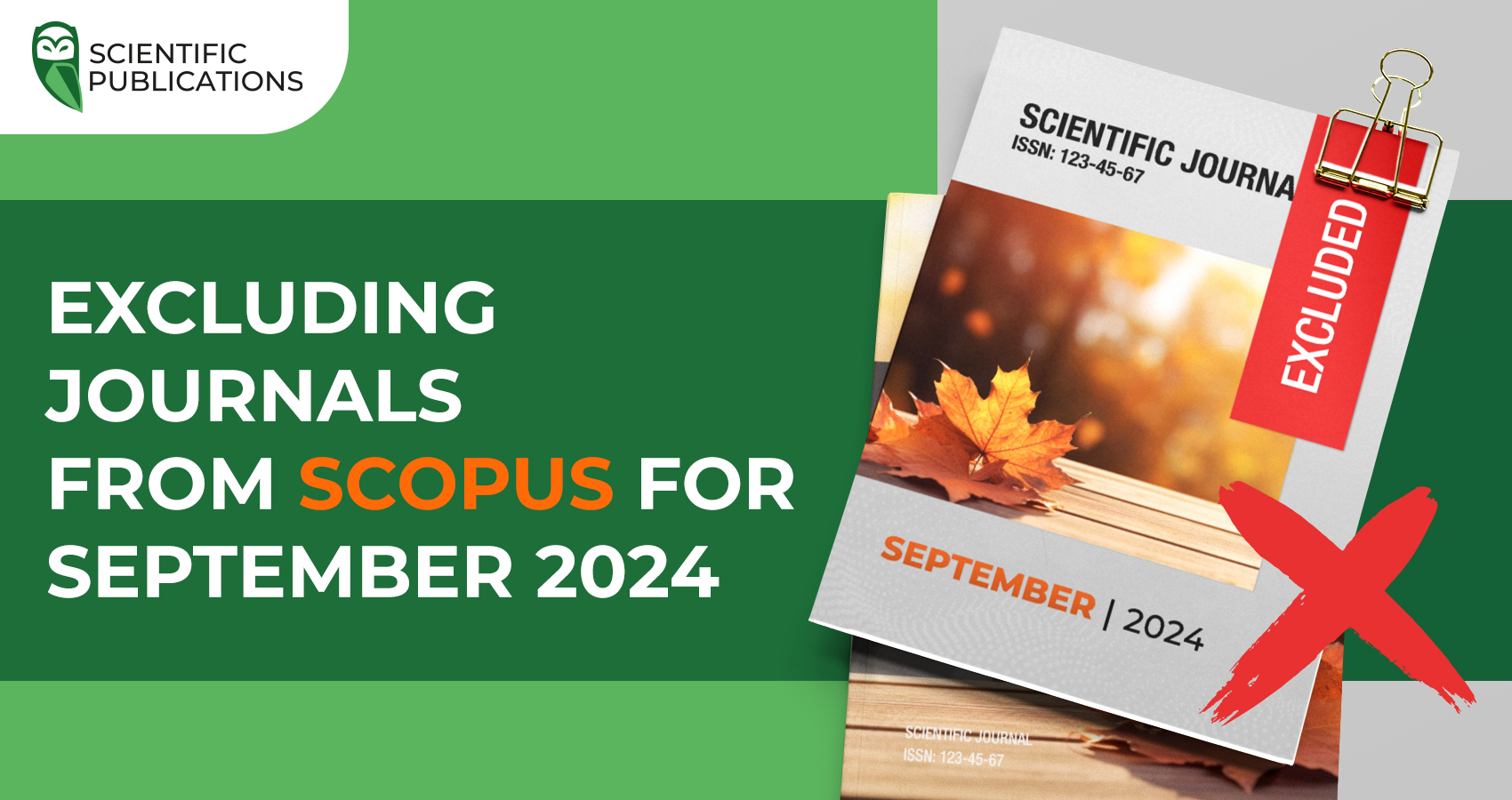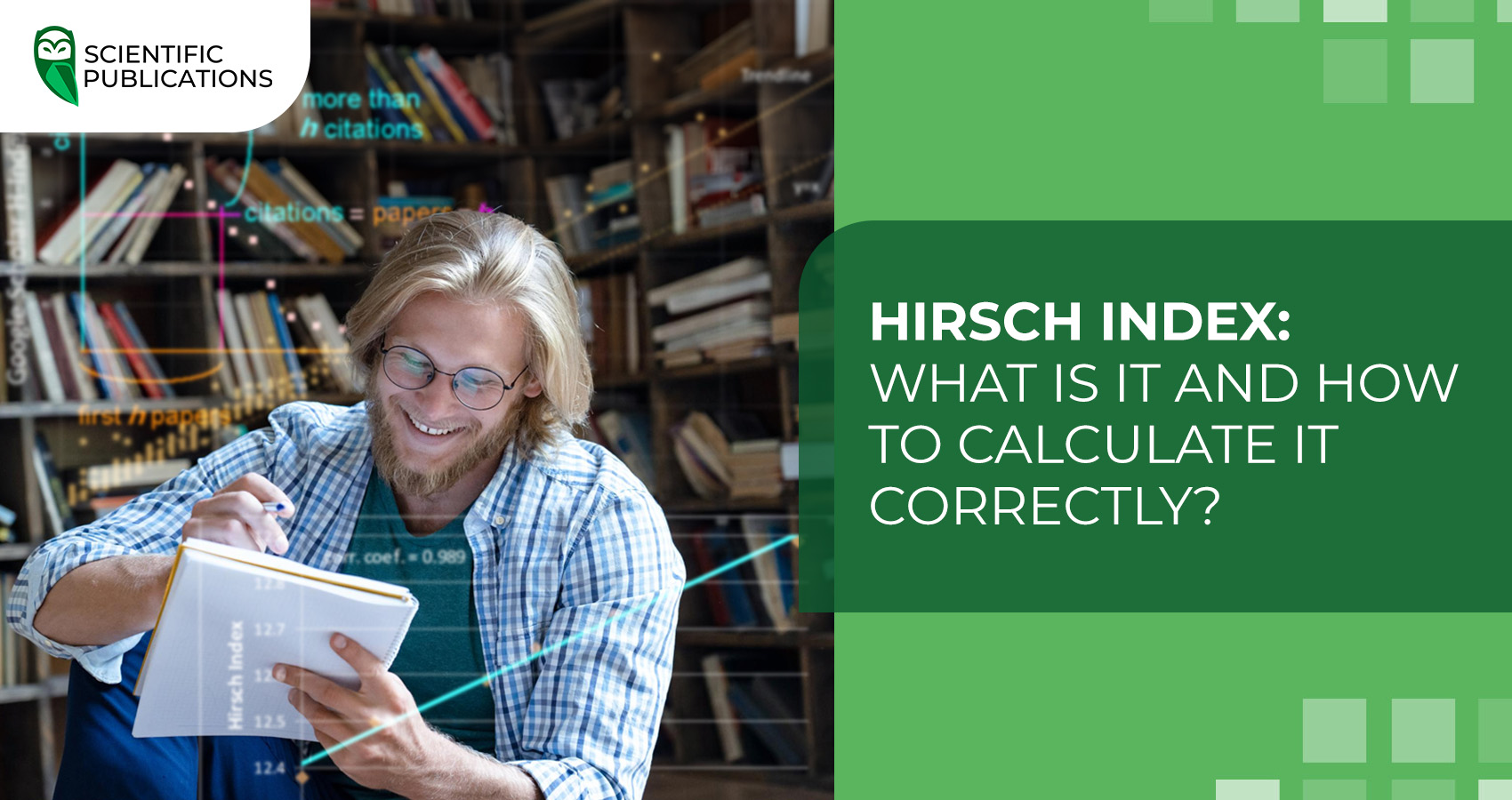“Scientific Publications” has traditionally prepared an updated list of scientific journals that are no longer indexed in the Scopus database due to non-compliance with the standards. We recommend reviewing the current list of publications excluded from the system in September 2024.
Why can a journal be excluded from Scopus?
Scopus is a leading scientometric platform that specialises in indexing high-quality scientific publications and journals. A special expert commission of the system systematically monitors the compliance of publications with the established requirements and removes those that no longer correspond to the system's standards. There are a number of reasons why a publication may lose its indexation.
The main reasons for excluding journals from the Scopus database are:
-
low level of articles: journals that publish articles with low scientific value and insignificant contribution to the development of science are eligible for exclusion;
-
violation of academic integrity: detection of plagiarism or self-plagiarism leads to removal from the database;
-
low scientometric indicators: the Radar system detects suspicious activity, including sharp fluctuations in the number of publications or citations;
-
violation of Scopus standards: journals that no longer correspond to the system's standards (non-compliance with peer review requirements, low quality of research, lack of scientific novelty) are excluded from Scopus;
-
change of editorial policy: if a journal reduces the requirements for materials or changes its scientific direction, it loses Scopus indexation.
List of excluded scientific journals for September 2024
Over the previous month, 3 journals lost their indexation in Scopus. The list of excluded scientific journals can be found in the table below.
|
№ |
Scientific Journal |
ISSN / eISSN |
Reasons for exclusion |
|
1 |
Computer-Aided Design and Applications |
ISSN — 1686-4360 |
Publication Concerns |
|
2 |
Economic Affairs (New Delhi) |
ISSN — 0424-2513 eISSN — 0976-4666 |
Publication Concerns |
|
3 |
Uncertain Supply Chain Management |
ISSN — 2291-6822 eISSN — 2291-6830 |
Radar |
There are two main reasons for losing indexation in Scopus: ‘Publication Concerns’ and the results of the Radar system's review of publications.
‘Publication Concerns’ are problems related to the publication process. This aspect covers a wide range of issues that can damage the reputation of a scientific publication and undermine the credibility of the work published in it. Such violations include: unfair publication practices, publication of low-quality materials that do not correspond to scientific criteria, and data manipulation.
Elsevier's Radar system searches for publications with low quality materials. Its main task is to monitor the scientometric indicators of journals and record their deterioration.
In addition, there are a number of other aspects that Radar monitors:
-
violations of publication ethics;
-
lack of peer review;
-
artificial overstatement of citations;
-
an abnormal number of publications that raise doubts about their quality;
-
a sharp change in scientific focus.
By removing publications based on these criteria, the Scopus database maintains high standards of quality and reliability of scientific publications.
Do you want to keep up to date with the latest developments in the world of science? Follow us on social media! We regularly update information about journals excluded from Scopus and highlight key trends in the scientific community.
If you need a publication in the Scopus database, contact “Scientific Publications”. Our experts will provide you with all the necessary assistance and support at all stages of the process. Fill out the form below, and our manager will contact you during the working day.






